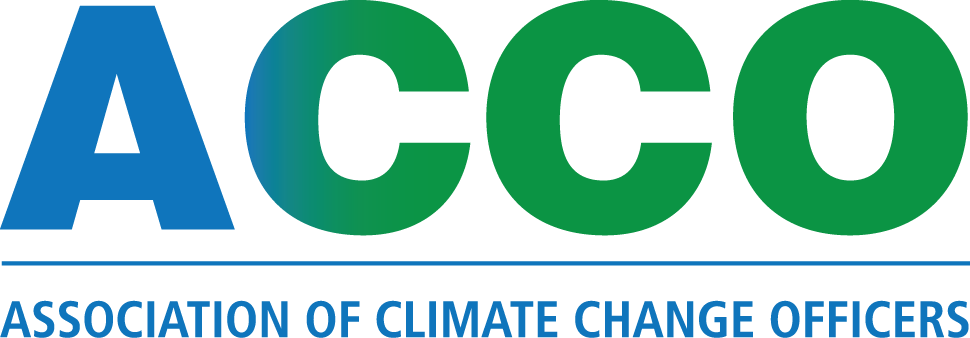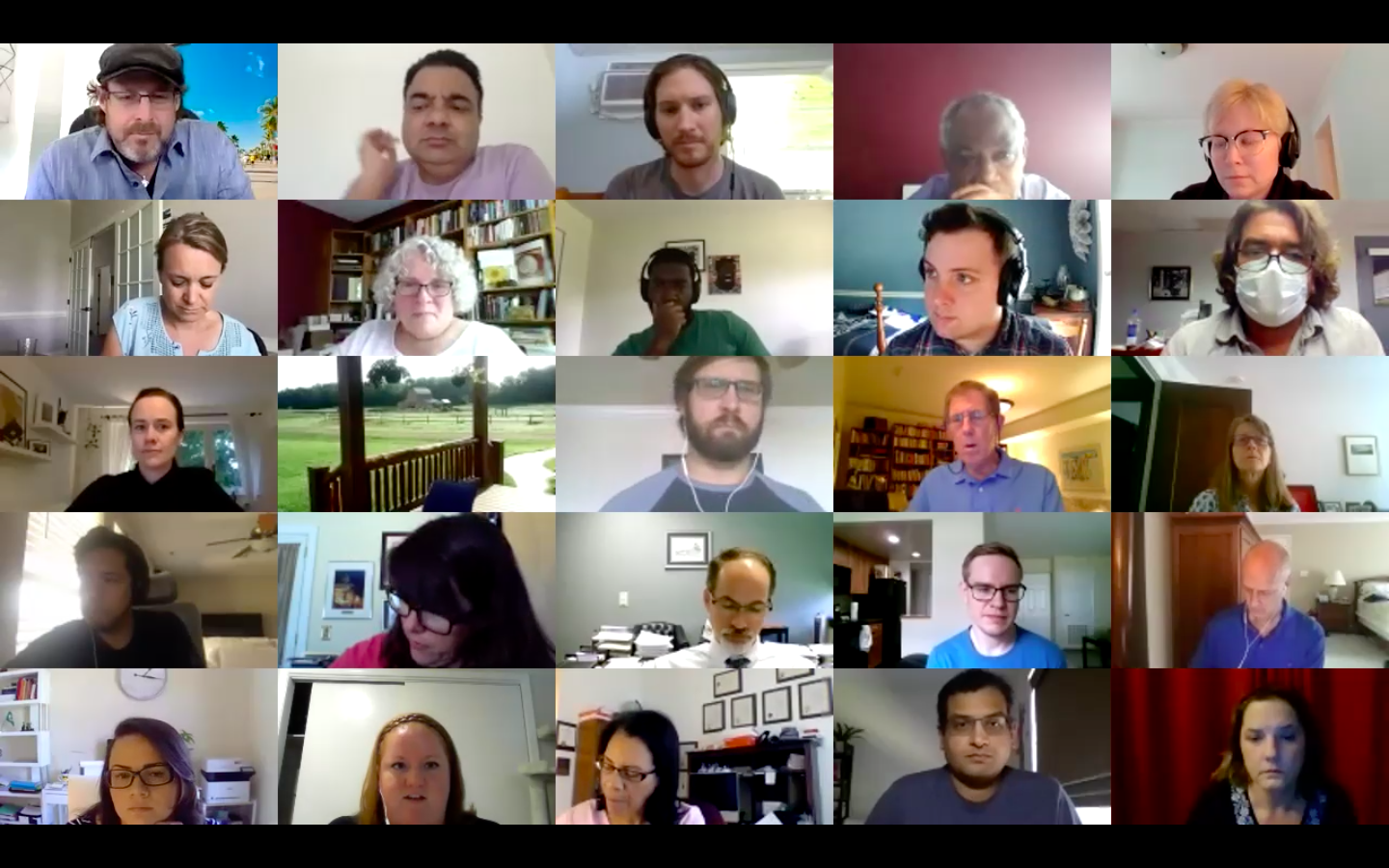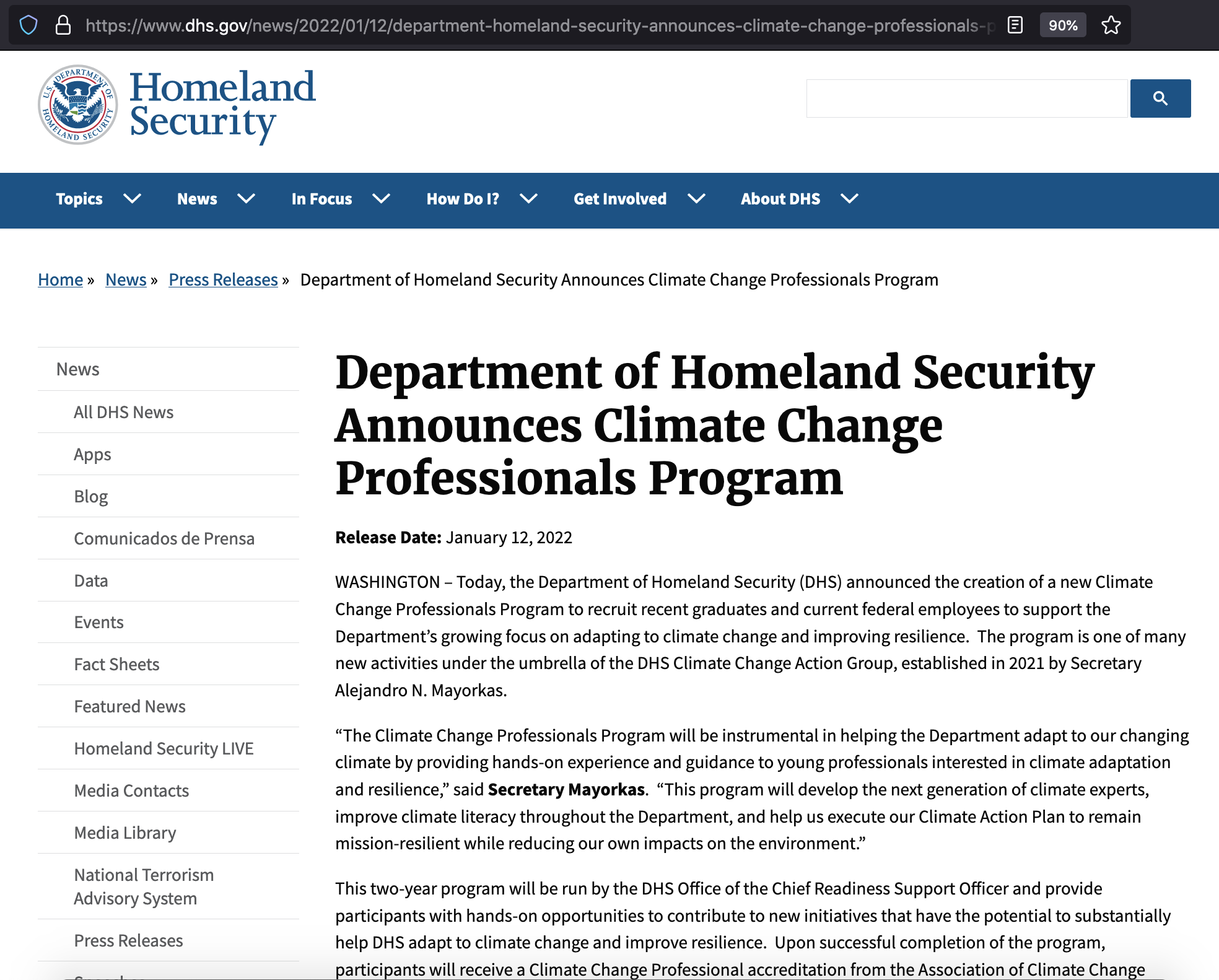Live Online CC-P® Prep Programs
ACCO’s live online training programs incorporate pragmatic and real-life scenarios in a collaborative learning environment with peer practitioners and resources to facilitate your professional development.
Registration Open for Winter 2024 Cohorts!
ACCO offers recurring programs enabling participants to leverage live online training (supplemented by on-demand study resources) in a cohort learning environment with peers around the world to learn together and prepare for exams to earn the Certified Climate Change Professional® (CC-P®) credential.
Shaped by CC-P® professionals, practitioners, policymakers and experts from a wide range of sectors and geographic regions, the 2023 live online programs have been fully updated and reflect the latest data, standards, projections and examples. The program curriculum is based upon the Core Competencies for Climate Change Officers & Professionals and is designed to prepare you to pass the CC-P® and CC-P® Candidate exams.
All enrolled participants get access to recordings of all classes in their entirety for convenient viewing for the duration of membership. Registration also includes the CC-P® Exam & Application bundle, and ACCO member benefits for 6 months.
Important Live Online Program Updates:
CC-P® Curriculum completely updated (learn more here)
Approximately 30-60 minutes of self-study homework study prep for each class
Tuition & Enrollment Information
ACCO also administers a need-based scholarship program …
click here to learn more.
Winter 2024 Live Online CC-P® Prep Program Schedule Updated
Enrollment Deadline Extended
Cohort #XXVII:
Start Date: February 6, 2024
End Date: March 28, 2024
Registration by: February 2, 2024
All sessions start at 11am eastern
Cohort #XXVIII:
Start Date: February 12, 2024
End Date: April 3, 2024
Registration by: February 8, 2024
All sessions start at 6pm eastern
Important Note for CC-P® Candidate Registrants:
Participate in 5 exam prep sessions and the first hour of the last session.
See program schedule for details. Must register through enrollment in the CC-P® Candidate Program.
Course Modules Featured in this Series:
The curriculum in this series was updated in May/June 2023 through an extensive 2-year review process conducted through the impending development and publication of the CC-P® Study Guide.
Study Prep for CC-P® Exam #1 : Climate Science & Vulnerability Assessment
Climate-101: Understanding Climate Science & the Latest Projections
Climate-105: Climate Impacts on Natural and Human Systems
Climate-201: Identifying Climate Hazards & Conducting Vulnerability Assessments
Study Prep for CC-P® Exam #2: GHG, Energy & Water Management
GHG-101: Basics of GHG Accounting, Reporting & Disclosing GHG Emissions
GHG-201: Establishing GHG Reduction Goals & Management Structures
Study Prep for CC-P® Exam #3: Governance, Law & Policy
Governance-101: Engaging Stakeholders & Establishing Early Strategies for Leading Organizational Change
Governance-102: The Legal/Policy Landscape of Climate Change & Related Implications
Governance-103: Elements of Climate Change Professionalism
Study Prep for CC-P® Exam #4: Risk Management, Materiality & Economics
Enterprise-201: Analyzing Climate Risks, Assessing Materiality & Disclosure
Economics-101: The Economics of Climate Change
Program Features:
A blend of self-study homework resources (8 hours) and live online instruction courses (30 hours)
Program structure designed to guide you through the certification process
The opportunity to expand your network by connecting with fellow attendees
Assignments that help reinforce program sessions
Real-time Q&As with instructors and facilitated discussions among participants
Competencies You’ll Develop:
Recognizing situations where climate change outcomes affect the organization
Assessing impacts of specific situational outcomes
Enabling enterprise management of climate related initiatives
Assessing and quantifying climate risks and opportunities
Educating the organization on managing short-term and long-term uncertainty
Tailoring communication to different audiences
Leading organizational change initiatives
Developing and overseeing training programs
Attributing value to resource consumption
Extending organizational capabilities and maintaining good stewardship of actions taken through collaboration and partnership
Developing strategies for bundling, comparing and/or relying on existing management models






